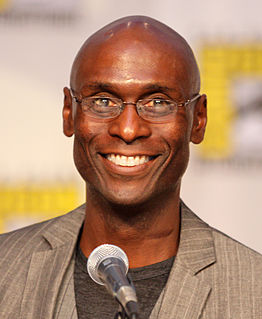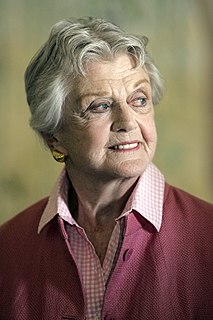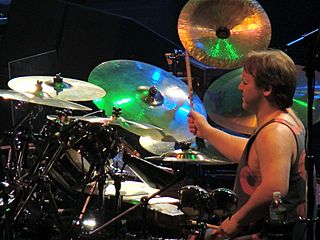A Quote by Simon Pegg
Like behind the car or in the pub, to do a scene, a proper nice dramatic scene, it's always a treat. And they're usually shot as one, so you've got a big chunk of dialogue to learn, and you feel like you're working.
Related Quotes
I really like the Chris-R scene and of course the "you are tearing me apart Lisa" scene. The reason I love the Chris-R scene is because we worked really hard to finish it. It's not just that though, it brings people together. Everyone is one the roof together by the end of the scene. You see the perspectives of the different characters. I feel like with all the connections in this scene that the room connects the entire world
For years, Blockbuster Video has edited movies. Like The Bad Lieutenant, when he's masturbating while the girls in the car are doing the thing. I rented it from Blockbuster and sped to that scene, and it was gone. I called up Blockbuster, and I'm like, "I got an erection, and the scene's not there."
When you're working on a scene, both in the script phase and also in the moment, you look around and you wait for the lightning bolt to strike you and based on your instincts tell you what the right thing to do is here. And that can result in anything from a change of dialogue to the realisation that what you thought was a dramatic scene should actually have some humour. And maybe if you stage it this way it's funnier, or if you put the camera here it tells a different story. That stuff is kind of everything when you're a director.


































